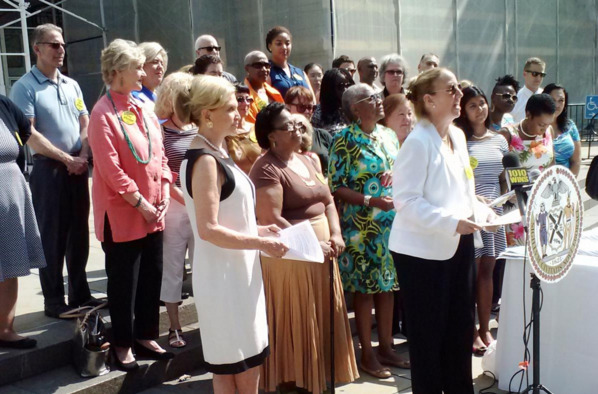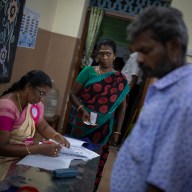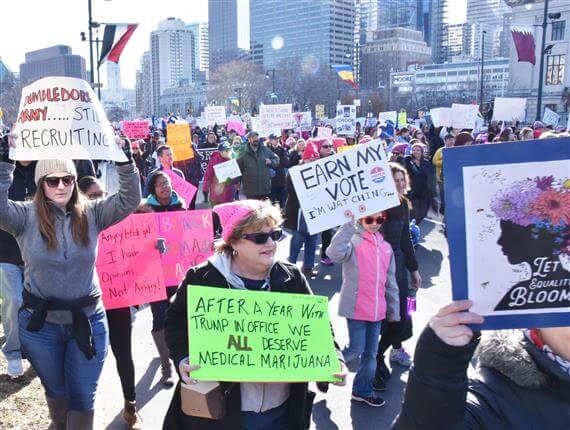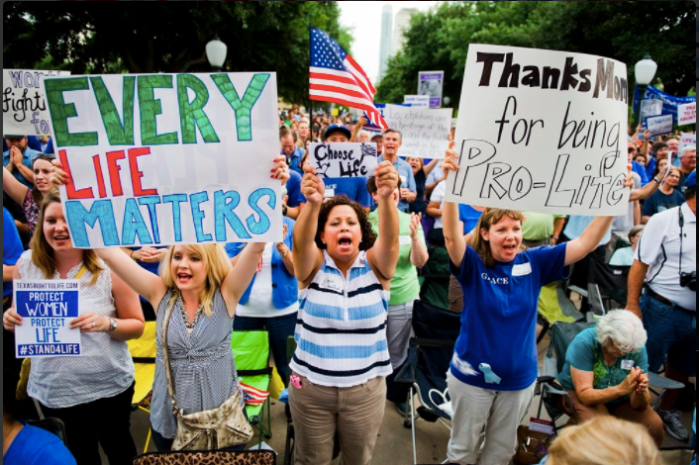In two months, Boston will host the National Women’s Political Caucus Biennial Convention, which will focus training women to run for public office.
“It’s a huge honor for us,” Massachusetts Women’s Political Caucus Executive Director Sarah McCarthy Welsh wrote in an email to the News Service after the caucus announced the news in an email Monday afternoon.
According to the National Women’s Political Caucus, women make up 19.4 percent of the U.S. Congress and 24.8 percent of state Legislatures, “low numbers” that convention attendees hope to change in coming elections. Of the nation’s 100 largest cities, only 20 have women as mayors, according to the Center for American Women in Politics.
The national caucus describes itself as a “pro-choice, bi-partisan grassroots organization” with members in more than 30 states. The caucus said more women have joined since last year’s elections.
The convention, which is expected to attract 500 women from more than 30 states, is scheduled to run from July 27 through July 30 at the Hilton Boston Back Bay and the theme is “Facing the Future: In It to Win It.”
Invited guest speakers and panelists include Caroline Kennedy, U.S. Sen. Elizabeth Warren, former U.S. Acting Attorney General Sally Yates, Rachel Maddow, Cokie Roberts, Sens. Tammy Duckworth and Mazie Hirono, and Congresswomen Maxine Waters, Pramila Jayapal and Nanette Barragan.
McCarthy Welsh said Boston’s history provides inspiration for conference attendees, from the Boston Women’s Memorial on the Commonwealth Avenue Mall to the bronze images of First Lady Abigail Adams, abolitionist and leading suffragette Lucy Stone, and Phillis Wheatly, a former African slave in Colonial Boston who became a literary prodigy.
“These remarkable women have withstood the test of history because they refused to shrink back to make others comfortable. They persisted making life better for women who came after them. They made our lives richer, more fulfilling and more equitable,” McCarthy Welsh wrote. “But they didn’t finish that work. Our job is to create and promote parity.”



















